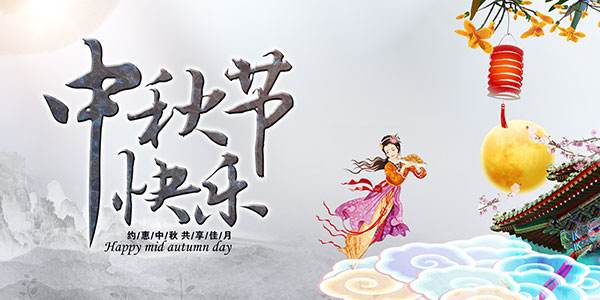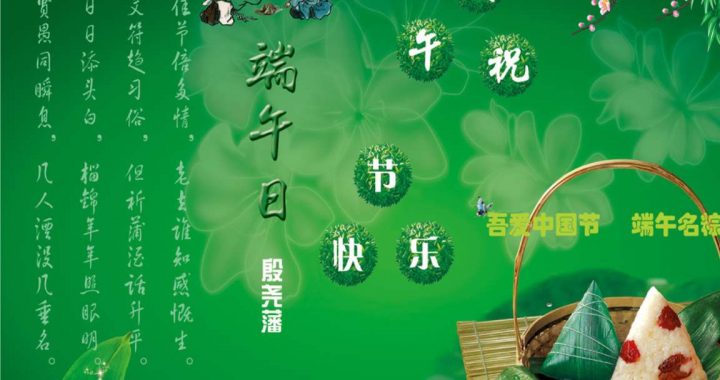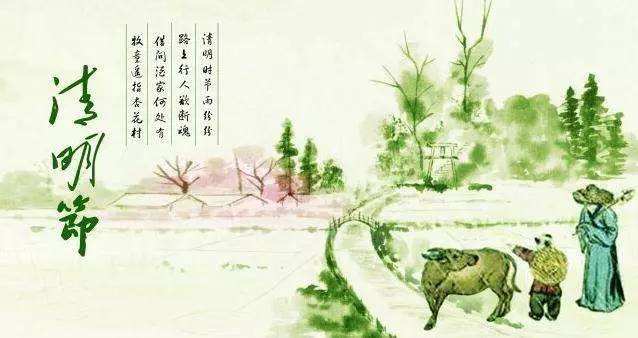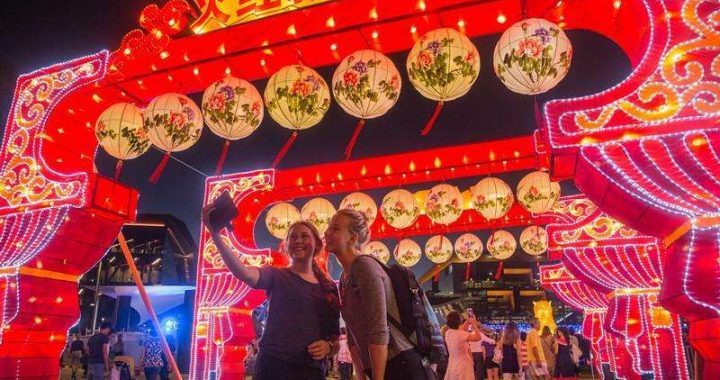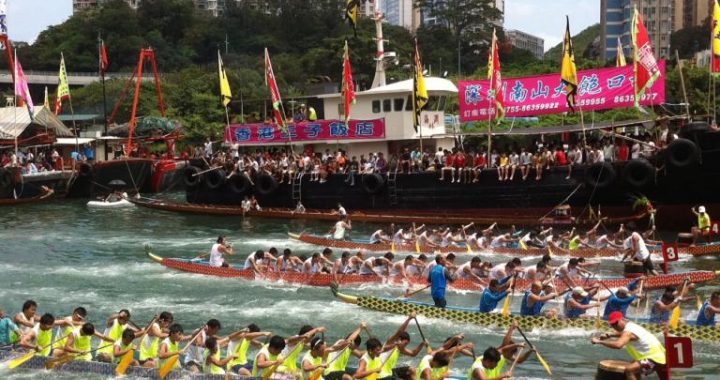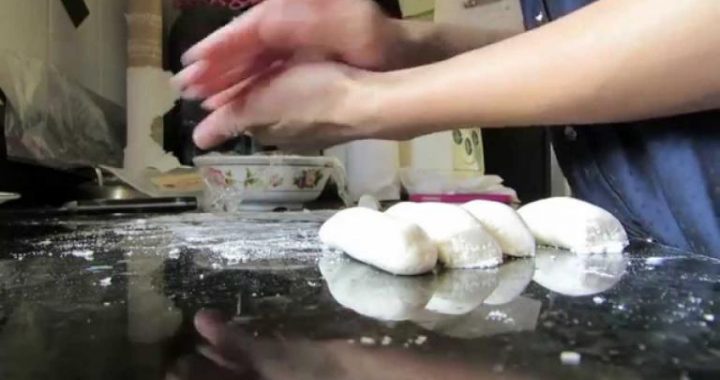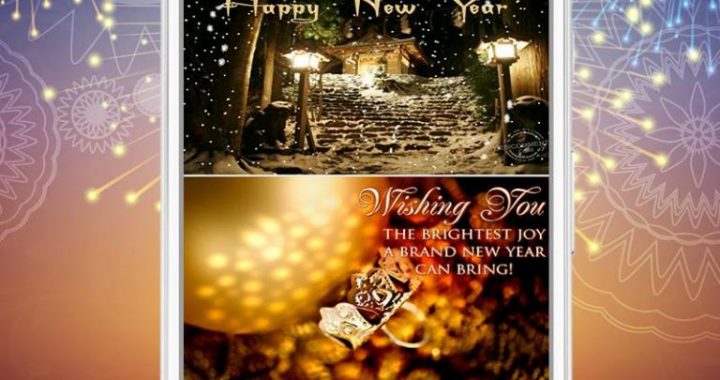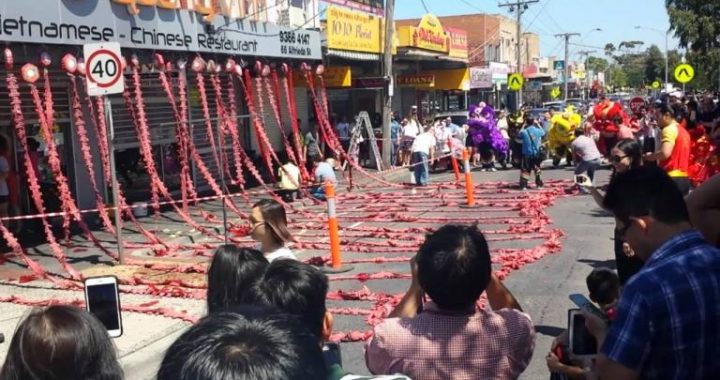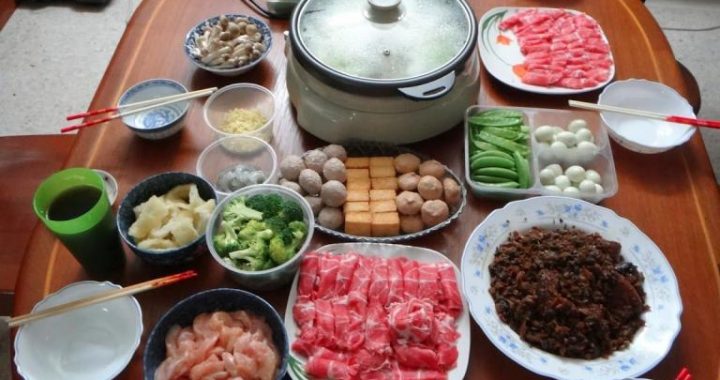Dragon Boat Festival
6 min readDragon Boat Festival: Commemorating the Sage of the Past
The Dragon Boat Festival falls on the 5th day of the 5th chinese lunar month witha history of more than 2,500 years. The original meaning of the Dragon Boat Festival mainly focuses on expulsion avoidance of evil. The 5th lunar month is called the “month of evil,”the”month of ominousness”and the”month of poison.”In the traditional Chinese knowledge about seasons, this is the moment when spring turns into summer and themoment of fierce conflict between yin and yang and between death and life. Modern science also proves that this is the time when epidemic diseases such as cholera and malaria begin to spread. Therefore, in Dragon Boat Festival customs, there are plenty of contents about body building and physical and mental peace,e.g. hanging sweet flag leaves and Chinese mugwort leaves, drinking medicated wine and having an orchid bath, but today, Dragon Boat Festival customs not only maintain the meaning of expulsion avoidance of evil, but also are loaded with the cultural implications of commemoration of sages of the past, especially Qu Yuan.
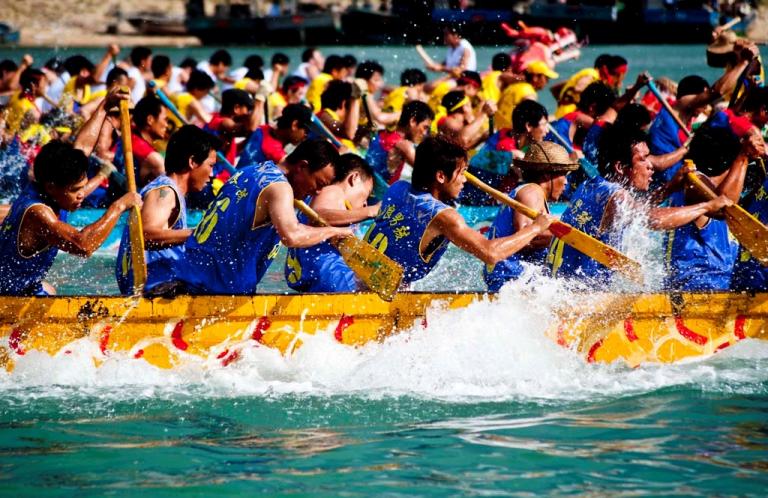
Association between festivals and historical events and figures is a very common phenomenon. When a seasonal festival is grafted with a certain historical event or figure, it means this festival is shifting from a natural festival to a cultural one. This is also a typical feature of the cultural world. Qu Yuan,a famous patriotic poet in the Warring States Period, drowned himself in the Miluo River because of his grief and indignation for the loss of the Chu State’s territory. The Dragon Boat Festival existed in the Chu Region(today’s Hunan, Hubei and Anhui)a long time ago, and during the festival, people held dragon boat races, made glutinous rice dumplings and drank realgar wine. According to Wen Yiduo’s research these festival customs not only meet people’s physical and mental needs, but also have deeper roots in dragon totem worshipping. Later, the significance of the Dragon Boat Festival gradually focused on commemorating Qu Yuan because Qu Yuan’s poetic and literary accomplishments and moral character were revered by people -his concern about the country and people could make an ethnic group highly united. Patriotism could be advocated by rulers, and love for people could naturally be recognized by people. Thus, the cultural model with influence, heritage value and universal value was also gradually embedded into the system of Dragon Boat Festival explanation and practice. Of course, we cannot say that Qu Yuan is the only sage of the past commemorated during the Dragon Boat Festival, and can only say that commemoration of Qu Yuan during the Dragon Boat Festivalis a widespread saying most recognized as it is advocated by the modern society. In some areas, historical figures such as Wu Zixu and Jie Zitui are commemorated. This is related to different circumstances of various areas’ development.
The Dragon Boat Festival is also a national festival in China, and numerous minority ethnic groups celebrate this festival. Festival customs are colorful in different regions and ethnic groups, and can mainly be classified into three types: one is plague avoidance and health protection,i.e. hanging sweet flag leaves and Chinese mugwort leaves, making glutinous rice dumplings, drinking realgar wine, having an orchid bath, wearing perfume bags, eliminating the five poisons; one is memorial ceremonies of sacrifice offering to QuYuan and other ceremonies with the connotations of folk beliefs,e.g. sending away the God of Plague and pasting portraits of Zhong Kui; one is entertainment and competition represented by dragon boat races.
As the folk proverb goes,”during the Dragon Boat Festival, people commemorate Qu Yuan, prepare glutinous rice dumplings and hang sweet flag leaves and Chinese mugwort leaves under eaves.”In Hubei, Hunan, Guizhou and Sichuan, there are two dragon boat festivals: the Big Dragon Boat Festival and the Small Dragon Boat Festival. The Small Dragon Boat Festival falls on the 5th day of the 5th lunar month every year, and the Big Dragon Boat Festival falls on the 15th day of the 5th lunar month every year. In Zigui County, Hubei Province, Qu Yuan’s home town, there are three dragon boat festivals: the 5th day of the 5th lunar month is the “First Dragon Boat Festival,”the 15th day of the 5th lunar month is the “Big Dragon Boat Festival,”and the 25th day of the 5th lunar month is the “Last Dragon Boat Festival.”During every Dragon Boat Festival, people not only hold dragon boat races, eat glutinous rice dumplings and hang Chinese mugwort leaves, but also organizepoetry parties. The government organizes public memorial ceremonies, and people kowtow to Qu Yuan’s memorial tablet, burn joss sticks, and pray for favorable weather and bumper grain harvests. On the 15th day of the 5th lunar month, families prepare delicacies and share them with daughters and sons-in-law at home. It is usually called “celebration of the Big Dragon Boat Festival.”This lively festive atmosphere lasts as many as 20 days till the 25th day of the 5th lunar month, ie. the “Last Dragon Boat Festival.”The Xisai Sacred Boat Rally is more peculiar: people begin to make dragon boats from the 8th day of the 41h lunar month, invite eminent monks to bless them on the 5th day of the 5th lunar month, and hold a series of ceremonies and activities such as opera performances, sacrifice offering, parades and sacred boat launches. Lasting 40 days until the 18th day of the 5th lunar month, it is a long-lasting Dragon Boat Festival activity of praying for blessings and offering sacrifices in China at present. Han people in Chifeng City, Inner Mongolia gather Chinese mugwort before sunrise and then wash their faces with Chinese mugwort water to clear their minds and eyes on the day of the Dragon Boat Festival. The difference between Suzhou, Jiangsu and other areas is that people commemorate Wu Zixu,a famous general of the Wu State in the Spring and Autumn Period (770-476 BC) during the Dragon Boat Festival, but there are also traditional customs,e.g. preparing glutinous rice dumplings, holding dragon boat races, wearing perfume bags and hanging up portraits of Zhong Kui to expel ghosts.
Five Poisons Ear Pillows
Five poisons ear pillows are exquisitely shaped cloth pillows with a hole in the middle made by mothers to let babies sleep soundly,protect their ears from being squeezed and facilitate them to shed tears and drool.It is sewn with the pattern of”five poisons.”In folk legends,”five poisons”are five animal species:the snake,centipede,scorpion,spider andtoad.Some people replace two of them with the gecko and lizard,but there must be five animal species.
The Dragon Boat Festival was a ma jor summer festival in the traditional Chinese society but gradually declined in modern times.The popularization of modern medical knowledge compresses the Dragon Boat Festival’s customs of plague avoidance and health protection customs.Because dragon boat races involve factors such as social security,regional beliefs and nongovernmental social organizations,they are prohibited or limitedin many areas.1″In a long time after 1949, the Dragon Boat Festival did not enter the national statutory holiday system, so there was no guaranteed time for celebration of the festival.
Under the influence of this factor, only fragments of Dragon Boat Festival customs,e.g.preparing glutinous rice dumplings and hanging up Chinese mugwort leaves remained in many areas. This situation changed greatly after 2005. In 2005, the Korean Gangneung Dano Festival was included into the UNESCO list of representative intangible cultural heritage, and aroused Chinese people’s sensitive national sentiments. Though the Korean Gangneung Dano Festival and the Chinese Dragon Boat Festival fall on the same day, their current ceremonies and cultural connotations are fundamentally different. However, it also urged the Chinese people to pay attention to the Dragon Boat Festival. In 2009, the Chinese Dragon Boat Festival was also included into the UNESCO list of representative intangible cultural heritage. Besides, in 2008, the Dragon Boat Festival was included into the nationalstatutory holiday system. All these created conditions for revival of Dragon Boat Festival customs. At present, festival customs such as dragon boat races are more and morespectacular, and the Dragon Boat Festival makes the land of China brim over with distinctive passion when spring turns into summer.

